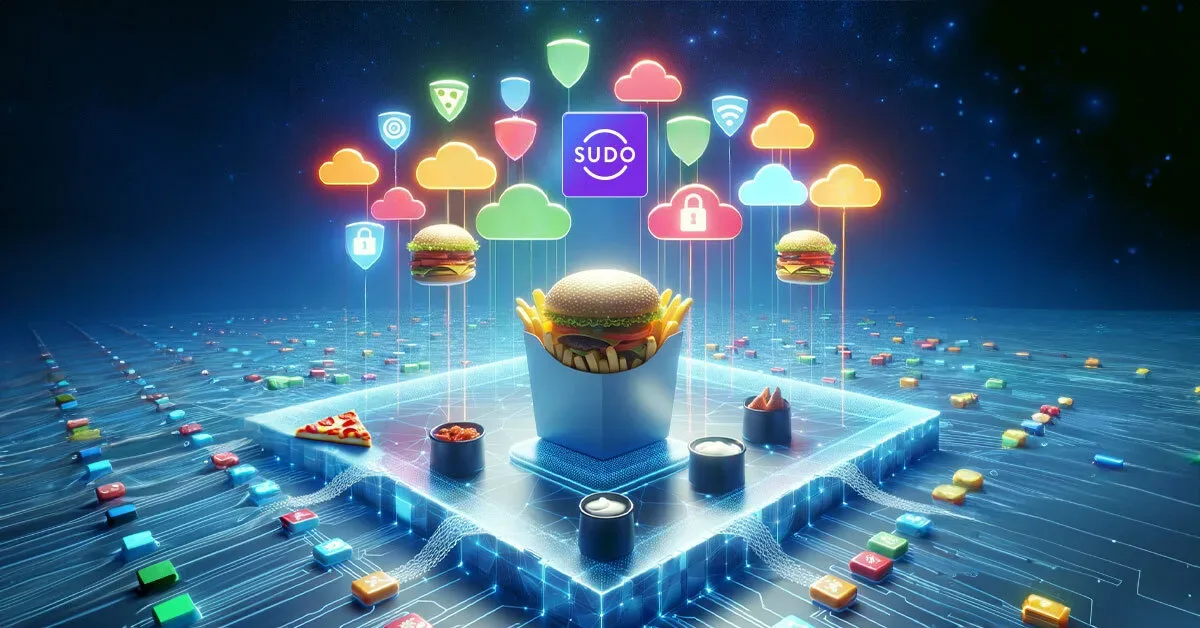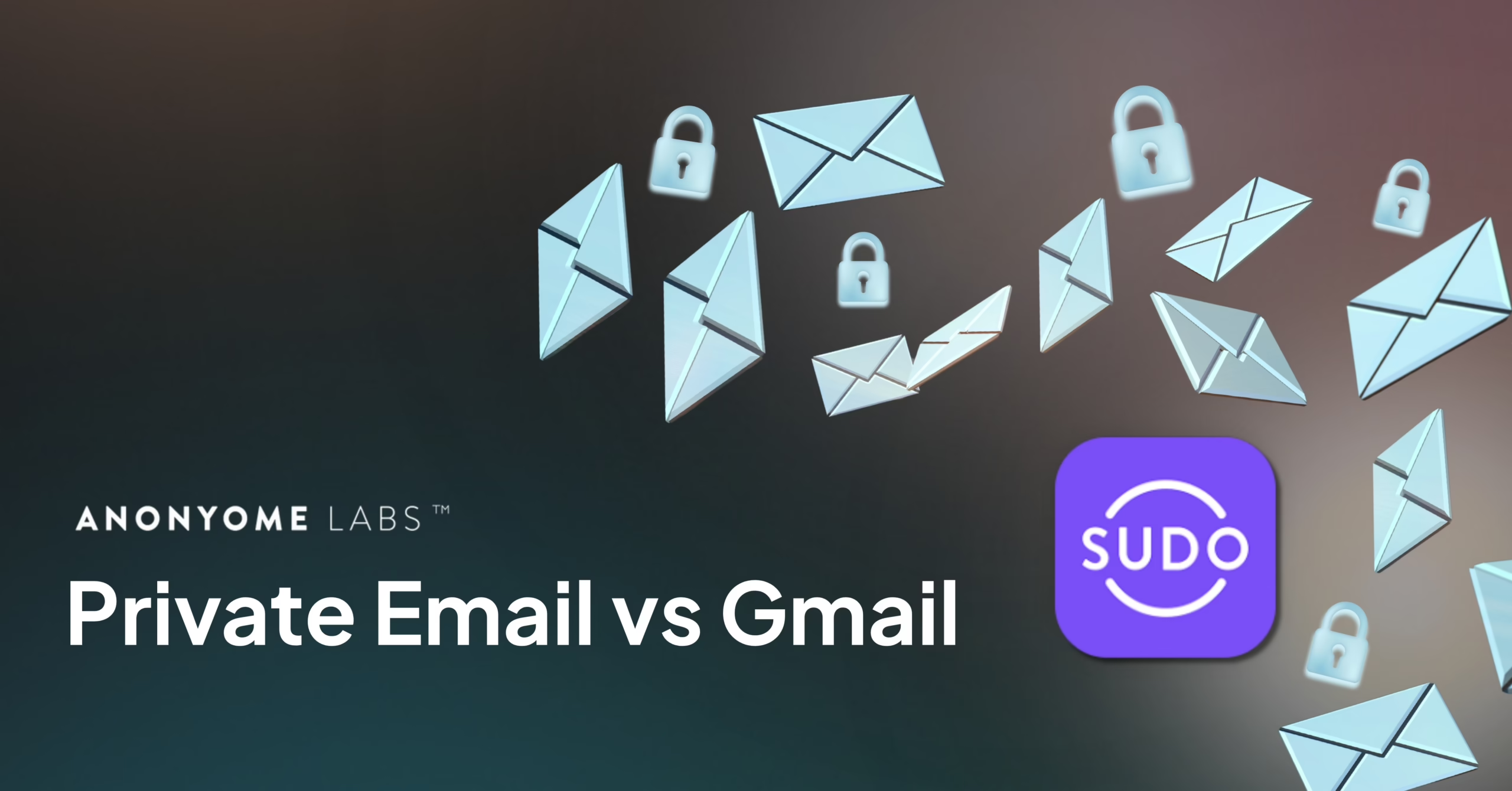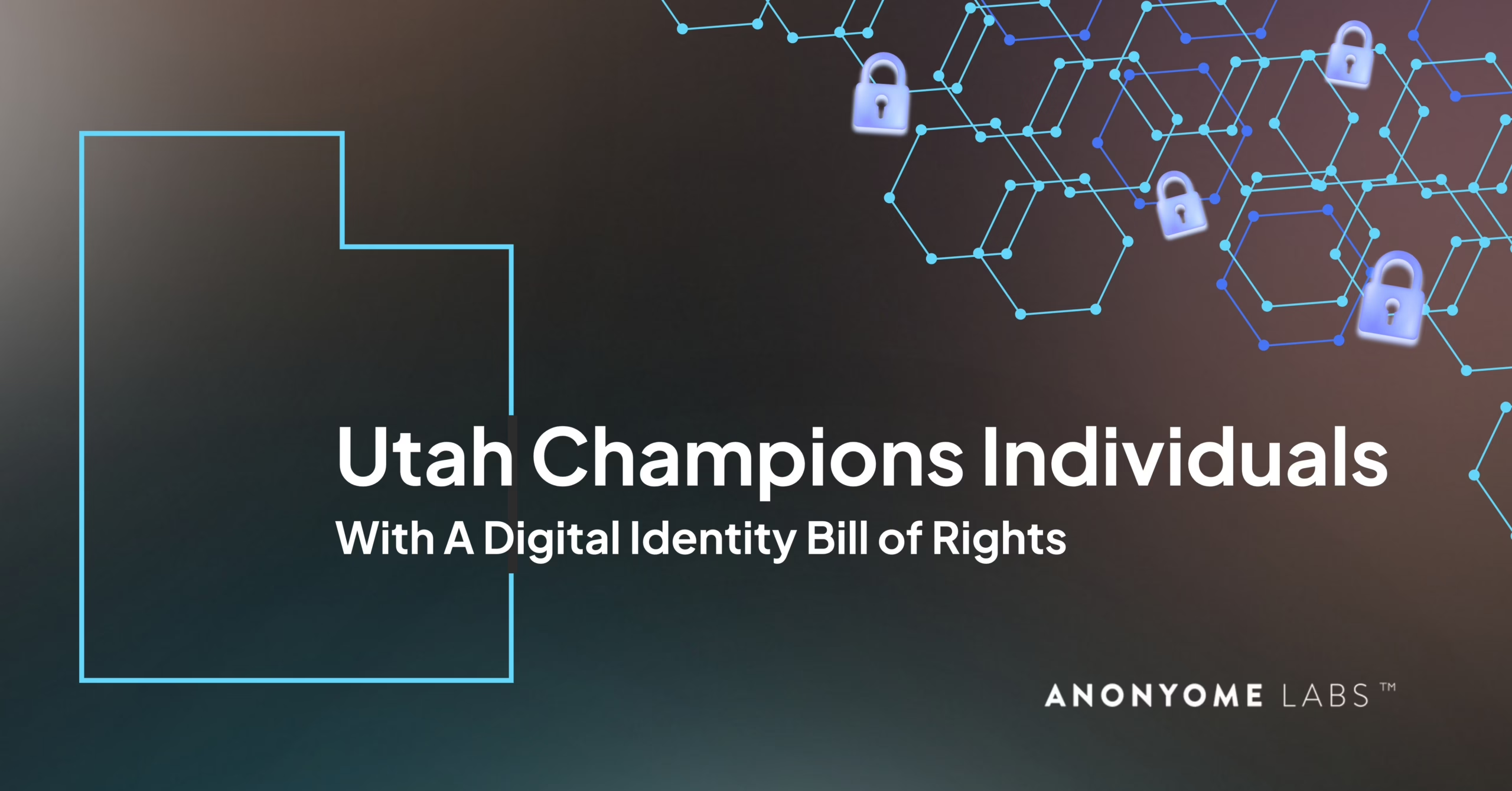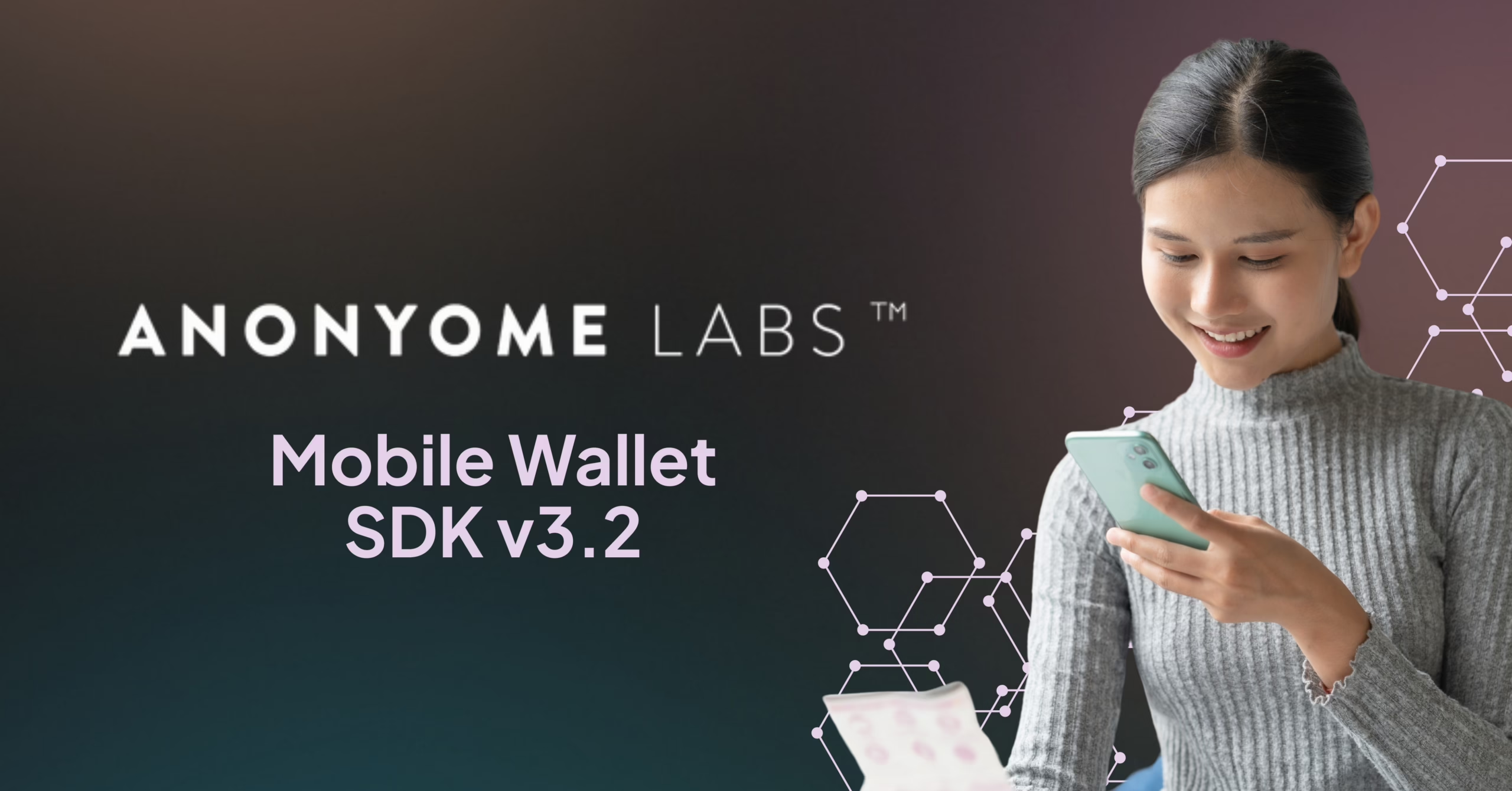It’s snowing, you’re hungry, and the game is in penalty time. You reach for your phone and scroll through the food delivery apps. You haven’t used one before, but there’s no way you’re going out tonight.
You choose DoorDash (or Uber Eats, or Grubhub, or Postmates – most any food delivery service will work for this example), and download the app.
The app asks for some personal info to register your new account. It wants to know:
- Your first name
- Your last name
- Your email
- Your phone number
- Password
- Payment method details
- Residential address
- Notifications permissions.
All of this account set-up information seems reasonable enough since you’ve been asked for it before—by just about every app and service you sign up for. But look closer: That’s a lot of private detail in exchange for a simple pizza, isn’t it?
Yes, it is—and that’s exactly where data privacy and security problems begin—with the overcollection, storage, sharing and potential theft of consumers’ personal data.
But it doesn’t have to be this way. As the consumer, you can be in complete control of who sees your personal information on the internet and in real life. The fix is to use MySudo.
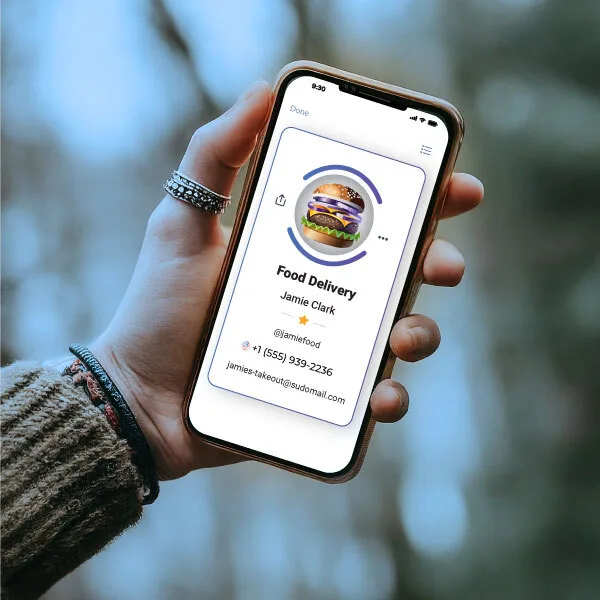
Here’s how:
1. Before you sign up for a food delivery service, download MySudo for iOS or Android.
2. Set up your Sudo digital identities to suit your real life privacy and safety needs.
3. Dedicate one Sudo to food delivery services and assign it:
- a. a Sudo role: e.g. Food Delivery
- b. a Sudo name, which is a nickname (your Dasher and their employer don’t need to know your real – name, right?)
- c. a Sudo email address, customized to suit you
- d. a Sudo phone number (you’ll need a MySudo subscription to add that)
- e. a virtual card* for paying (so your personal credit card is safe. You’ll also need a MySudo subscription to add that).
4. If you are signing up for a food delivery service using a desktop browser, you can also download the MySudo Browser Extension (once you’ve set up the app) so you can easily autofill your Sudo details.
5. Every time hunger hits, use your Sudo details for your food delivery services instead of your personal details.
Obviously the delivery service is coming to your home so they need your actual residential address, but otherwise you can disassociate yourself from their data collection by using your Sudo information for everything else, plus a virtual card to pay.
There is nothing else in the list of personal information above that a food delivery service really needs to know is there?
And take a moment to think about every other service and retailer you interact with every day. How many of those organizations really need your personally identifiable information to sign you up or sell you something? The risks of having your data sold or stolen are incredibly high, but you take back control with MySudo.
Download iOS or Android
MySudo now has a Browser Extension!
You might also like:
New to MySudo? Start Here
4 Steps to Setting Up MySudo to Meet Your Real Life Privacy Needs
10 Big Privacy Compromises You Can Easily Fix with MySudo
How Sudos Can Give You a Second Chance at Digital Privacy
More from our blog
*iOS and US only. Android and more locations coming soon
